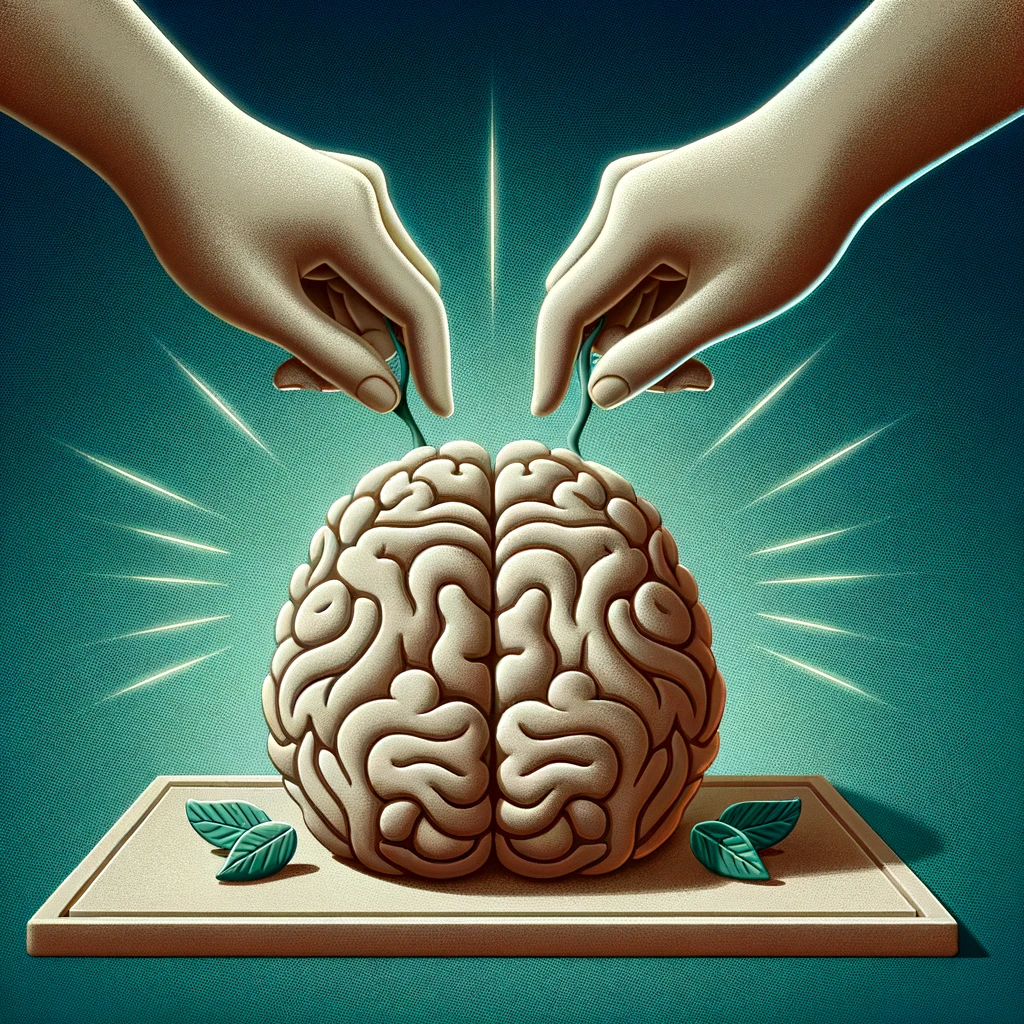A Guide to Mental Well-being
Stress and Anxiety
Stress and anxiety have become two common foes in today’s fast-paced and demanding world.
With the constant pressure to meet deadlines, fulfill responsibilities, and navigate through complex personal relationships, it’s no wonder that mental well-being has become a pressing concern for many individuals.
While stress and anxiety can feel overwhelming, some strategies and techniques can help you effectively manage and even overcome these challenges.
In this comprehensive guide to mental well-being, we will explore various methods and practices to deal with stress and anxiety, enabling you to lead a healthier and more balanced life.
Understanding Stress and Anxiety
Before delving into strategies to combat stress and anxiety, it is crucial to gain a clear understanding of what these terms entail.
Stress refers to the body’s response to any demand or threat, whether real or perceived.
Anxiety, on the other hand, is a feeling of fear, unease, or worry, often characterized by physical symptoms such as increased heart rate, shallow breathing, and restlessness.
These emotions can arise from various sources, including work-related pressures, relationship conflicts, financial difficulties, or traumatic events.
It is important to note that stress and occasional anxiety are natural responses to challenging situations.
They can even serve as motivators or warning signals, prompting us to take action or seek help.
However, when stress and anxiety become chronic or overwhelming, they can negatively impact both our mental and physical health.
Hence, it is crucial to develop effective coping mechanisms to manage these feelings constructively.
Cultivating a Supportive Network
One of the most effective ways to deal with stress and anxiety is by cultivating a supportive network of family, friends, and mentors.
Sharing your concerns and seeking guidance from trusted individuals can provide valuable perspective and emotional support.
Often, talking through your troubles with someone who listens empathetically can provide immediate relief from overwhelming thoughts.
Additionally, seeking professional assistance, such as therapists or counselors, can also be incredibly beneficial in managing stress and anxiety.
Finding Healthy Outlets
Engaging in activities that bring joy, relaxation, and a sense of fulfillment is essential when it comes to combating stress and anxiety.
Finding healthy outlets for such emotions can significantly contribute to your mental well-being. These outlets can differ from person to person and encompass a wide range of interests and activities.
For some, physical exercise such as jogging or yoga offers a natural release of tension and helps clear the mind.
Others may find solace in creative pursuits such as painting, writing, or playing an instrument.
Exploring and identifying what activities bring you peace and allow you to recharge is critical in maintaining mental equilibrium.

Embracing Mindfulness and Meditation
The practice of mindfulness and meditation has gained immense popularity in recent years, and for good reason.
These ancient practices provide practical tools to manage stress and anxiety, enabling individuals to cultivate a sense of calm and focus amidst the chaos of daily life.
Mindfulness involves intentionally bringing attention to the present moment, without judgment or attachment to thoughts or emotions.
Meditation, on the other hand, involves setting aside dedicated time to sit quietly and guide the mind towards a state of tranquility and awareness.
Incorporating mindfulness and meditation into your daily routine can be transformative in addressing stress and anxiety.
By training the mind to observe thoughts and emotions without getting entangled in them, you gain the ability to respond rather than react impulsively.
This allows you to make wiser choices, prevent unnecessary stress, and cultivate a deep sense of inner peace.
There are various techniques and resources available to help you embark on a mindfulness and meditation journey, including guided meditation apps and mindfulness-based stress reduction programs.
Prioritizing Self-Care
During hectic schedules and numerous responsibilities, it is often easy to neglect self-care.
However, prioritizing self-care is vital for maintaining mental well-being and effectively managing stress and anxiety.
Self-care entails intentionally allocating time and resources to nourish your physical, emotional, and spiritual well-being.
This can involve setting boundaries in your personal and professional life to prevent burnout, making time for hobbies and activities that bring you joy, and ensuring adequate rest and nourishment for your body.
It is crucial to cultivate self-compassion and extend kindness to yourself.
Recognize that it’s okay to take breaks, say no to additional commitments when needed, and seek out activities that replenish your energy.
By genuinely caring for your own well-being, you build resilience and equip yourself with the ability to navigate through stressful situations with ease and grace.
Exploring Cognitive Behavioral Therapy
Cognitive Behavioral Therapy (CBT) is a widely recognized therapeutic approach that addresses the link between thoughts, emotions, and behaviors.
CBT aims to identify and modify negative thought patterns and behaviors that contribute to stress and anxiety.
By examining and challenging irrational beliefs or catastrophic thinking, individuals can develop healthier coping mechanisms and reinterpret situations in a more positive light.
CBT techniques are often employed in both individual therapy sessions and self-help resources.
Engaging in cognitive restructuring exercises, journaling, or using thought records can aid in recognizing and reframing negative thought patterns.
CBT enables individuals to build resilience, develop a more optimistic outlook, and regain control over their emotional well-being.
Seeking Professional Help
While self-help strategies and techniques can be incredibly effective in managing stress and anxiety, it is essential to acknowledge that seeking professional help is sometimes necessary.
Mental health professionals, including therapists, psychologists, and psychiatrists, possess the expertise and training to provide tailored guidance and support to address your specific needs.
With a comprehensive understanding of various therapeutic modalities, these experts can assist in developing personalized strategies to manage stress and anxiety effectively.
Remember, seeking professional help is not a sign of weakness but a courageous step towards prioritizing your mental well-being.
Professional guidance can help you navigate through complex emotions, identify underlying factors contributing to stress and anxiety, and develop a comprehensive plan for long-term mental well-being.
Conclusion
In the fast-paced and demanding world we live in, stress and anxiety have become pervasive challenges.
However, armed with a comprehensive toolkit of strategies and techniques, it is possible to effectively manage and overcome these obstacles.
By cultivating a supportive network, engaging in healthy outlets, embracing mindfulness and meditation, prioritizing self-care, exploring cognitive-behavioral therapy, and, when necessary, seeking professional help, you can take control of your mental well-being and lead a fulfilling and balanced life.
Remember, the key lies in self-awareness, self-compassion, and the willingness to embark on a journey towards personal growth and resilience.












